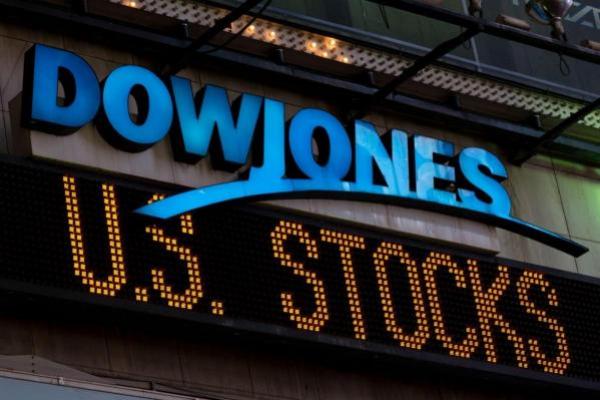Understanding the Dow Jones: A Key Indicator of Market Performance

The Dow Jones Industrial Average (DJIA), commonly referred to as the Dow Jones, is one of the most well-known stock market indices in the world. It serves as a barometer for the overall health of the stock market and the U.S. economy. The index consists of 30 major publicly traded companies from various sectors, except for transportation and utilities, which have their own indexes.
The History of the Dow Jones
The Dow Jones was created in 1896 by Charles Dow and his business partner Edward Jones. Originally, it consisted of only 12 industrial companies, including General Electric, which was later removed and reintroduced multiple times before being permanently removed in 2018. Over time, the Dow Jones expanded to its current composition of 30 companies, representing a diverse range of industries.
How the Dow Jones is Calculated
Unlike other stock market indices, which are market capitalization-weighted, the Dow Jones is a price-weighted index. This means that stocks with higher prices have a greater impact on the index’s movements. The formula used to calculate the index has evolved over time to accommodate stock splits, dividends, and other corporate actions.
Key Factors Affecting the Dow Jones
Several factors influence the movements of the Dow Jones, including:
- Corporate Earnings: Strong earnings reports from Dow-listed companies can drive the index higher, while weak earnings can pull it down.
- Economic Indicators: Data such as GDP growth, unemployment rates, and consumer spending impact investor confidence.
- Federal Reserve Policies: Interest rate changes and monetary policies set by the Federal Reserve significantly affect stock prices.
- Global Events: Geopolitical tensions, economic crises, and pandemics can create market volatility.
Importance of the Dow Jones in the Financial Market
The Dow Jones plays a crucial role in the financial market by serving as a benchmark for investors and analysts. It is used to assess:
- Market Trends: Investors track the index’s performance to determine the market’s overall direction.
- Economic Strength: A rising Dow signals economic growth, while a declining Dow may indicate financial instability.
- Investor Sentiment: The movement of the index reflects how investors feel about economic conditions and company performance.
Comparison with Other Market Indices
While the Dow Jones is one of the most popular stock market indices, it is often compared to other indices such as:
- S&P 500: Includes 500 large-cap companies and is market capitalization-weighted.
- Nasdaq Composite: Comprises more than 3,000 stocks, with a heavy focus on technology companies.
- Russell 2000: Tracks small-cap stocks and provides insight into the performance of smaller companies.
Each index has its own advantages and drawbacks, but the Dow Jones remains a key indicator for traditional blue-chip stocks.
How to Invest in the Dow Jones
Investors looking to gain exposure to the Dow Jones have several options:
- Exchange-Traded Funds (ETFs): ETFs like the SPDR Dow Jones Industrial Average ETF (DIA) allow investors to track the index’s performance without buying individual stocks.
- Mutual Funds: Many mutual funds include Dow-listed companies in their portfolios.
- Individual Stocks: Investors can purchase shares of the 30 companies that make up the Dow Jones index.
Each investment method carries its own level of risk and reward, so investors should consider their financial goals before making a decision.
Future Outlook for the Dow Jones
The future of the Dow Jones depends on various factors, including:
- Technological Advancements: The rise of artificial intelligence, renewable energy, and fintech could impact the index’s composition.
- Global Economic Policies: Trade relations, inflation, and interest rates will play a significant role in shaping the Dow’s trajectory.
- Market Volatility: Periods of economic uncertainty, such as recessions or geopolitical crises, could cause fluctuations in the index.
Conclusion
The Dow Jones remains one of the most influential stock market indices in the world. As a reflection of the U.S. economy, it provides valuable insights into market trends, investor sentiment, and financial stability. Understanding the factors that drive the Dow Jones can help investors make informed decisions and navigate the complexities of the stock market effectively. Whether you are a seasoned investor or a beginner, keeping an eye on the Dow Jones can be beneficial for building a strong investment strategy.





